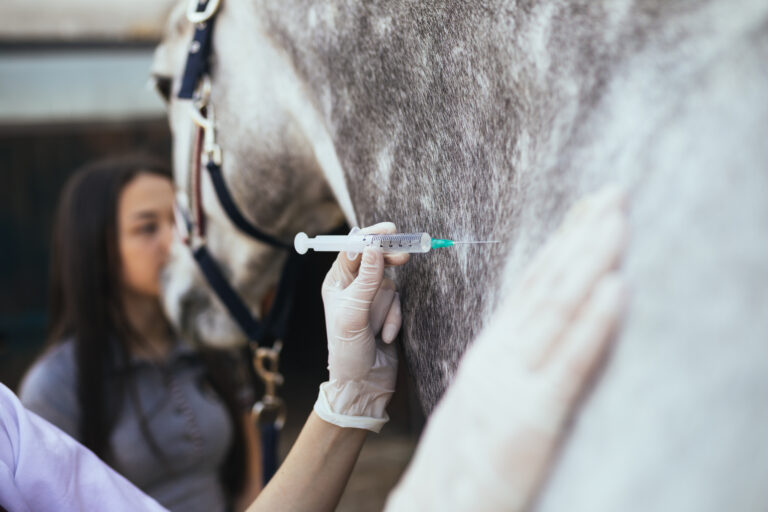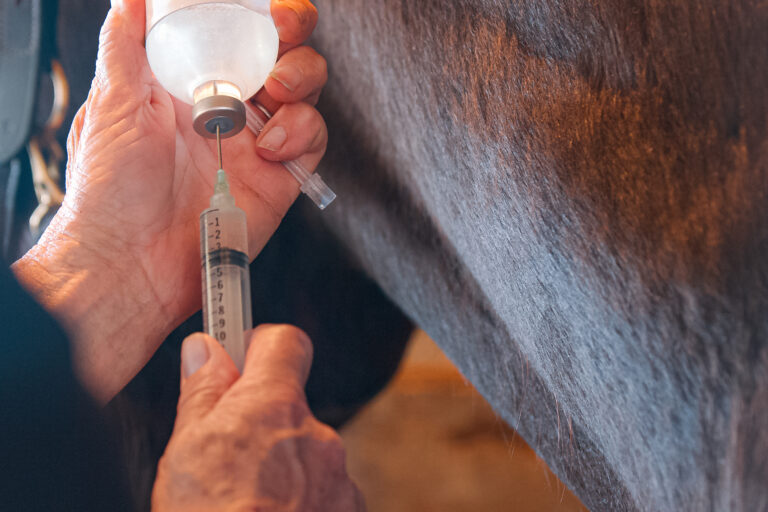
In this episode of The Business of Practice podcast, we talked to Laura Javsicas, VMD, Dipl. ACVIM, and Tegan Easton, DVM, MS, about how they successfully created family-friendly cultures in their veterinary practices.
Defining a Family-Friendly Culture
Javsicas and Easton started by defining a family-friendly culture. While the exact definition can be hard to pinpoint, “you know if when you see it,” said Javsicas. She said the one word that comes to mind is flexibility. Easton said clients must understand how important flexibility is in the practice and know that “things can change at a moment’s notice.”
Client and Colleague Perceptions
When discussing the biggest barrier to a family-friendly culture, Easton shared that she worried about how clients and colleagues would perceive the changes she was implementing. “I have now realized that I can have flexibility, and most people are very understanding,” she said. “It was my own mental block.”
Javsicas echoed a similar sentiment. “It’s hard not to feel like you’re letting them down—clients, bosses, staff, co-workers,” she said. “My unique challenge, as an internal medicine specialist trying to prove my worth, was saying you need me all the time, but I’m not here all the time.” She said surrounding herself with like-minded people made a big difference.
Setting Boundaries
Being in a group practice with good communication, where doctors are used to sharing cases and clients, allows veterinarians to set stricter boundaries based on their needs. “Even those with no kids value their time off, and it is really important that everyone has the same options,” Javsicas said. Easton explained how the heat is unbearable in the summer in Arizona, so having flexible work hours is important, and having time for personal activities is equally valuable.
Final Thoughts
Wrapping up the conversation, the doctors shared their thoughts on parental leave and other changes that have improved practice life for all.
If you have questions about creating a family-friendly culture, you can contact Javsicas at ljavsicas@rhinebeckequine.com and Easton at teganeaston@phoenixequinevet.com.
About Dr. Laura Javsicas
Laura Javsicas, VMD, Dipl. ACVIM, grew up outside of Philadelphia, Pennsylvania, where she enjoyed riding hunters and jumpers. She received a bachelor’s degree in biology from Cornell University and her VMD from the University of Pennsylvania School of Veterinary Medicine.
After a one-year internship at the Hagyard Equine Medical Institute in Lexington, Kentucky, she completed a three-year residency in equine internal medicine at the University of Florida and became board-certified by the American College of Veterinary Internal Medicine. Following her residency, she stayed on at the University of Florida as a member of the faculty until 2009. Then, she moved to Saratoga Springs, where she provided in-hospital internal medicine services and general ambulatory care until joining Rhinebeck Equine in 2013.
Javsicas is Rhinebeck Equine’s managing partner, internship coordinator, and chief internist. She serves on the board of the Zweig Committee for Equine Research and previously served on the AAEP’s Scientific Review and Education Committee. She and her husband have two sons.
About Dr. Tegan Easton
Tegan Easton, DVM, MS, grew up in Humble, Texas, and received her Masters of Veterinary Medicine with a focus in Equine Reproduction as well as her Doctor of Veterinary Medicine from Texas A&M University College of Veterinary Medicine. Easton completed an internship at Pioneer Equine in Oakdale, California, where she then stayed on as an associate until 2011. In 2017, Easton opened Phoenix Equine Veterinary Services in Arizona, focusing on sports medicine, reproduction, and general health practices including advanced dentistry. She is also certified in veterinary chiropractic.
Easton is an AAEP board member and has also served on several committees in the organization. She is family-oriented and enjoys watching her three children as they grow into equestrians and agriculturally minded young people.

![[Aggregator] Downloaded image for imported item #18860](https://s3.amazonaws.com/wp-s3-equimanagement.com/wp-content/uploads/2025/11/14110036/EDCC-Unbranded-27-scaled-1-768x512.jpeg)
![[Aggregator] Downloaded image for imported item #18379](https://s3.amazonaws.com/wp-s3-equimanagement.com/wp-content/uploads/2025/09/30140703/EDCC-Unbranded-15-scaled-1-768x511.jpeg)

